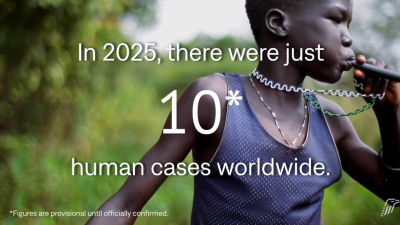News
We invite you to browse our latest news. Some external links below may require a subscription.
Policing Alternative Diversion Initiative Revisited

The Carter Center Monitors U.S. Elections, Urging Georgians to Trust the Process

Carter Center Prepares for Midterms as Trump Calls to ‘Nationalize’ Elections

Join the 39-mile Walk Challenge

The Carter Center Announces Opening of Applications for the 30th Cohort of the Rosalynn Carter Fellowships for Mental Health Journalism
Trump Could Interfere with the Midterm Elections. You Can Help Defend Them.

A Year after Jimmy Carter’s Death, the Disease He Swore to Eradicate Reaches an All-time Low

World Creeps Closer to Eradicating Human Guinea Worm Cases, with Just 10 Last Year: Carter Center

Guinea Worm’s Near-eradication Shows What’s Possible for Tropical Diseases

Guinea Worm Disease Reaches All-Time Low: Only 10 Human Cases Reported in 2025

1 of 109
Global Impact Starts with You
Your support sustains the Carter Center's mission of waging peace, fighting disease, and building hope around the world.
